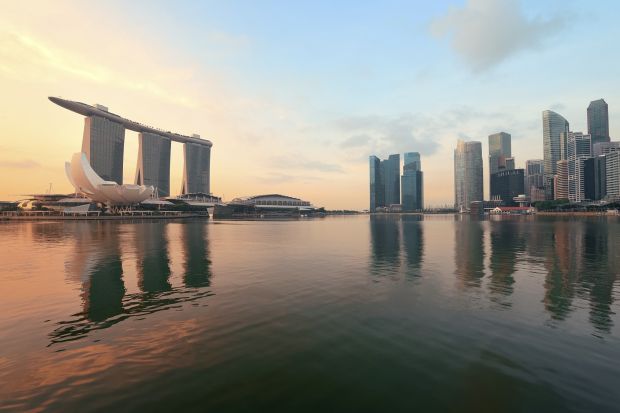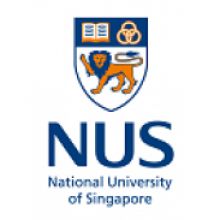Singapore’s new foreign interference law will exacerbate the “pervasive culture of academic self-censorship”, critics have warned, despite assurances that routine university activities will not be affected.
The Foreign Interference (Countermeasures) Act empowers the government to investigate and obstruct “hostile information campaigns” designed to incite social discord in Singapore, influence its political processes or undermine its sovereignty.
The legislation specifically targets online activity with foreign origins. It allows the authorities to force internet providers, social media platforms and website operators to block content and disclose information about their users.
The bill passed Parliament on 4 October – just three weeks after it had been tabled – and will be enacted following presidential assent, which is normally a formality.
During parliamentary debates, home affairs minister Kasiviswanathan Shanmugam said the bill would not affect academic activities. “We value the intellectual output, collaborations, exchange of ideas, the work our academics do. They need to link with the rest of the world. It is important for Singapore,” he said.
In a direct response to reservations raised several days earlier by lobby group AcademiaSG, Mr Shanmugam said that things such as international research collaborations, overseas conference presentations and visiting appointments would not be affected, even though they could be “subsidised or fully funded by foreign universities, foundations and states”.
But in a subsequent editorial, AcademiaSG says that the minister’s assurances were spelled out in the legislation. The group highlights the act’s “expansive” definition of terms such as “public interest”, which includes preventing “a diminution of public confidence” in the government.
“Such wording could cover any effective criticism of the government, regardless of whether that criticism is justified,” the editorial says.
And while the minister said that interventions under the act would be “proportional”, the act authorises any measures the government considers “expedient” – setting the bar too low, AcademiaSG contends. “What a government finds merely expedient may not be objectively necessary to secure the public interest.”
The editorial says that there are “inevitable trade-offs” between “leaving legal loopholes that could be exploited by malign foreign actors” and “casting a net so fine-meshed that it could ensnare legitimate overseas collaborations”. The act’s “catch-all language leans towards the latter”.
The act may lead to “more red tape” and reinforce a culture of “political signals from the state” being “internalised by universities”, the group adds.
Mr Shanmugam said that academics would only come under the act’s purview if there were attempts to “turn the person into an agent of influence”. He cited the case of National University of Singapore political scientist Huang Jing, a Chinese-born American who was permanently expelled in 2017 “for engaging in activities inimical to Singapore’s national interests”.
The Home Affairs Ministry said that Professor Huang had used his position to “covertly advance the agenda of a foreign country…in collaboration with foreign intelligence agents”. Professor Huang denied the claims, saying that the government had not produced evidence or identified the foreign country.
AcademiaSG says there has long been a “tension” between activities that many academics treated as core professional responsibilities “and what the government considers illegitimate”.
It cites the 2019 cancellation of a Yale-NUS College course on dissent and resistance. “The government’s past attempts to distinguish permissible scholarly activity from discouraged activism…have been murky”.
“In the absence of clearly circumscribed laws or…written guidelines, we can only rely on precedents, which neither provide clarity nor inspire confidence.”






